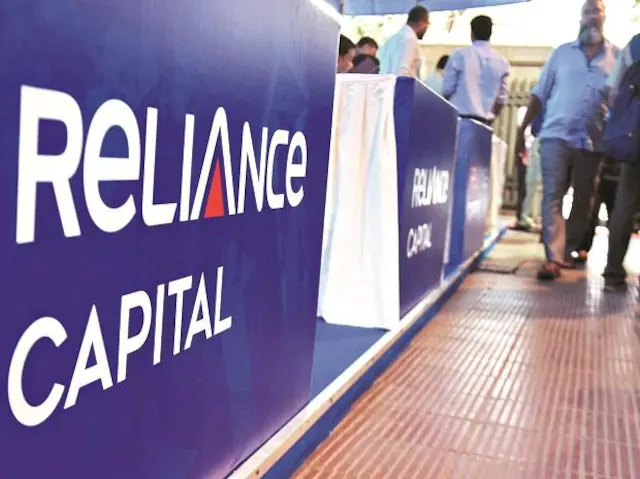The Supreme Court on Monday refused to grant interim relief to Gujarat-based Torrent Group, which wanted a stay on the National Company Law Appellate Tribunal (NCLAT) order allowing the lenders of Reliance Capital (RCap) to hold a second round of auction for the sale of the bankrupt firm.
A Bench of justices Sanjiv Khanna and MM Sundresh allowed the Committee of Creditors (CoC) of RCap to go ahead with the extended challenge mechanism to maximise the value of the debt-ridden assets.
The second round of auction is likely to be held on March 29, advocates privy to the matter told Business Standard.
The matter will be heard again in August. “Issue notice returnable in the month of August. In the meanwhile, the parties will participate in the process in terms of the impugned judgment (NCLAT order), without prejudice to rights and contentions… reply, if any, may be filed in six weeks,” the Bench said.
RCap was sent for debt resolution in November 2021 after the company defaulted on loans worth Rs 24,000 crore. In the first round of auction held in December 2022, Torrent had emerged as the highest bidder with a Rs 8,640-crore offer.
But when Hinduja group put an upgraded offer of Rs 9,000 crore on the table, Torrent objected, claiming that “late offers” violated the norms of the insolvency resolution process. While NCLT restricted further auction of the bankrupt firm, the NCLAT allowed it.
In their written submission filed with NCLAT, the lenders had said that Torrent is a private entity, while RCap has admitted claims of over Rs 25,000 crore, most of which is public money.
This includes Rs 13,500 crore of claims belonging to Life Insurance Corporation of India, Employees’ Provident Fund Organisation, other provident and pension funds, and Army Group Insurance Fund, and Torrent has sought unjust enrichment at public expense.
The committee of lenders had voted unanimously for an extended challenge mechanism or the second round of auction, as the outcome of the first challenge mechanism was sub-optimal and unsatisfactory.
The lenders had argued that according to the terms of the auction, the CoC has full freedom to choose any method or process of negotiations, and it can include a challenge mechanism. They said there was no limit on the number of methods of challenge mechanisms adopted. The auction rules sufficiently support the power of lenders to hold multiple challenge mechanisms, the CoC had said.
The lenders said that even if there was a successful resolution applicant, the CoC was free to negotiate with other applicants before voting.
Source: Business Standard, dated 20.03.2023




